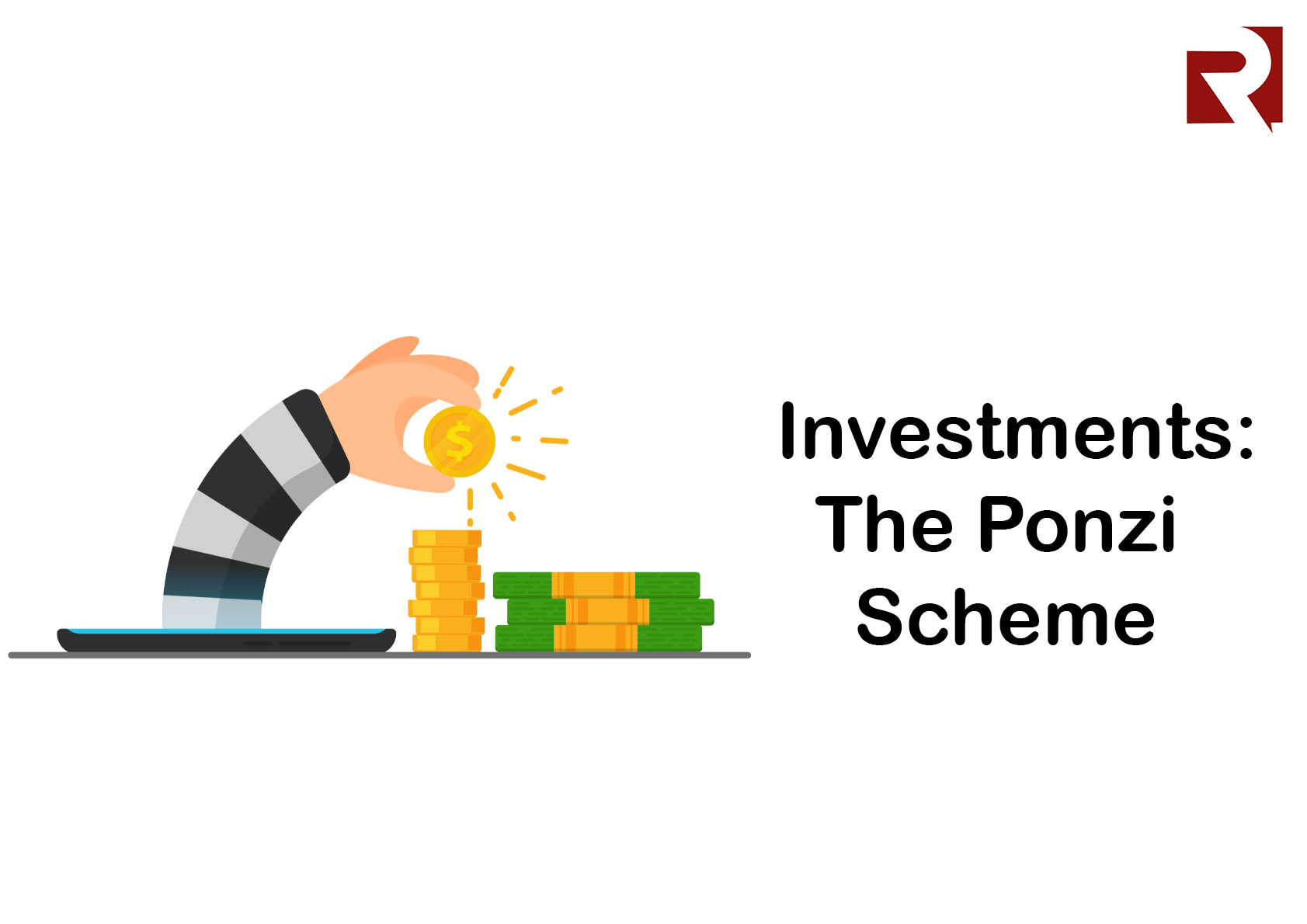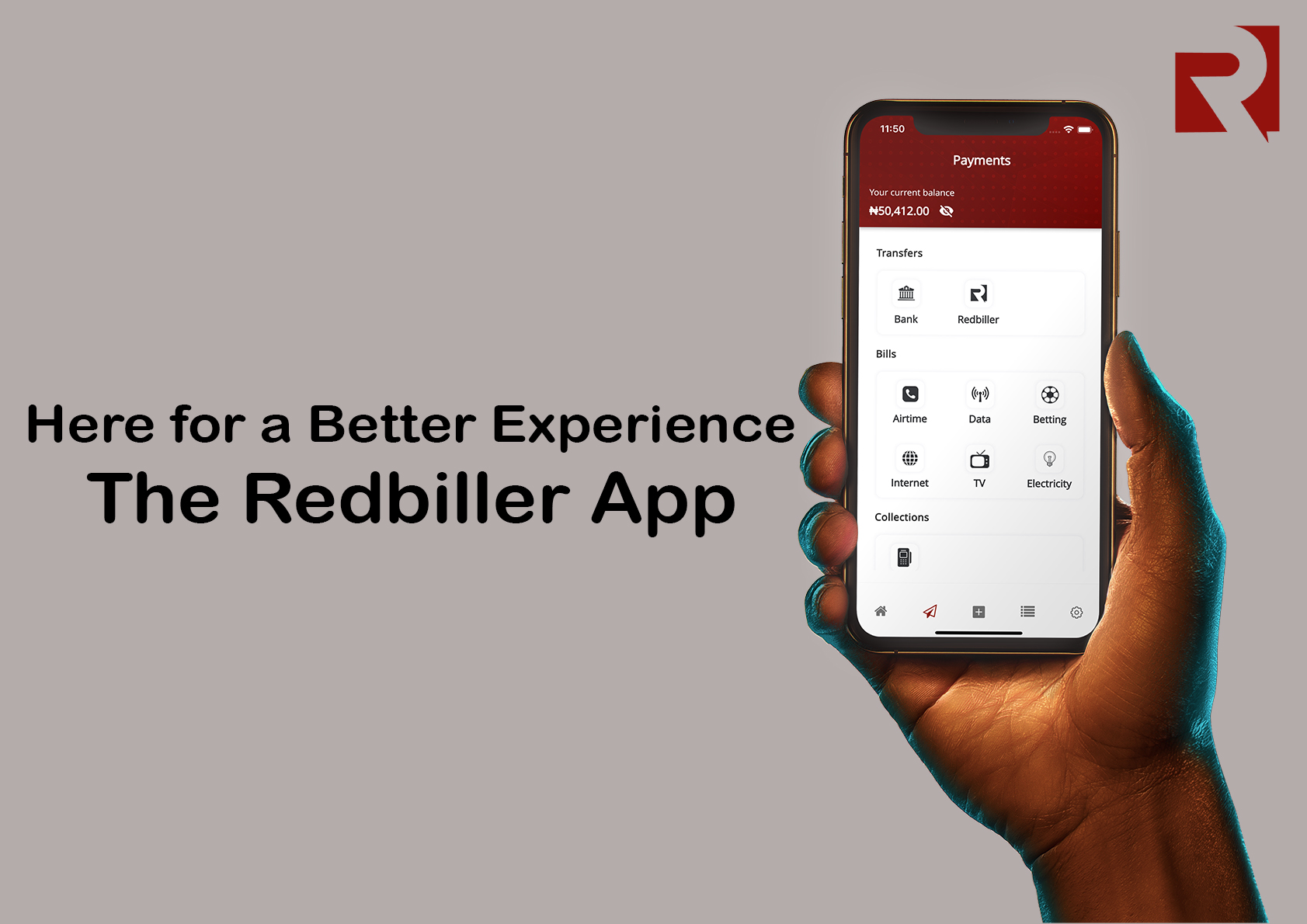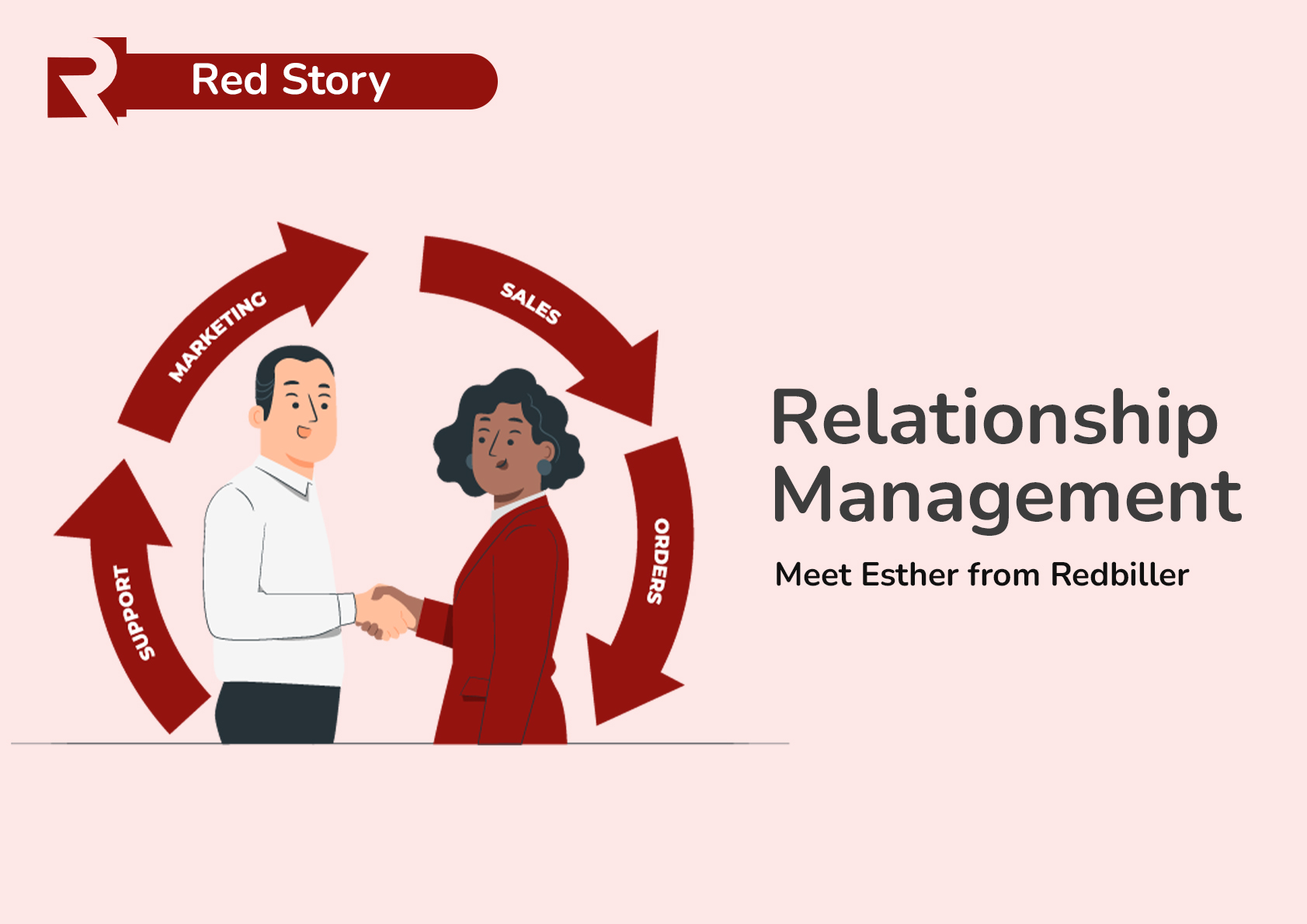The need to make money, get your money to make money, make money while you are sleeping is a legitimate need. It is a clever choice even. But none of this matters when your choice of investment is a Ponzi Scheme. Ponzi schemes have a track record of being people's biggest financial regret. If you ever make a list of things to avoid in your life, please let investing in Ponzi schemes be number 1 on that list.
What is a Ponzi Scheme?
A Ponzi scheme is a fraudulent investment scheme that relies on new investors' money to pay the existing investors. The money paid in by investors is used for no actual business, and it usually offers a very high return on investment with little or no risk at all.
The scheme eventually collapses when the influx of new investors is insufficient to pay the existing investors or the owner of the scheme takes off with the money. It usually offers 50% to 100% ROI, in some cases, even more. The implication of this is that the new investors continuously have to be double the number of existing investors.
While some schemes claim to be investing the money in an undisclosed business, some give no explanations at all on what the invested funds are being used for. The common factor for these schemes is the ridiculous ROIs they promise. All their marketing efforts and branding is channelled towards getting new investors.
Ponzi VS Pyramid Scheme
While they both have the same method in that they rely on an increasing number of investors to keep running successfully, they are considerably different. However, they are both fraudulent schemes. The Ponzi scheme is outright fraud, while the Pyramid scheme uses a legitimate business to commit fraud.
The pyramid scheme is a multi-level marketing scheme. It is a business that has actual products for sale but offers very little profit on the usually expensive products. They, however, promise each investor/seller returns on the people that sign up under them. One person signs up, convinces two people to sign up under them. Those two people have to convince two people to invest and sign up under them each. And the pyramid under the initial investor keeps growing, and he keeps earning from each person that signs up under him.
But, the real deal is, very few people can build this pyramid large enough to earn back their initial capital. And most people eventually drop out and never get back their initial capital. Only the owners make money because they own the investments and proceeds from every product sold. It is used to take people's money legitimately, unlike the Ponzi scheme.
How To Identify A Ponzi Scheme
The first recorded case happened in 1869, and by the 1920s, it had been named after a Charles Ponzi who managed to keep his scheme running for a few years longer than the ones before his. Since then, the mode of operation of these schemes has changed from simply asking you to bring investments to getting you engaged, asking you to do something, share something, tell someone. Anything to keep you involved to make it look like you're not just sitting and waiting for a high ROI. So here are a few red flags you should watch out for.
No Clear Products and Services - while this is not true of pyramid schemes, it is the reality of Ponzi schemes.
High risk-free ROIs - investment is not magic. There has to be a level of risk that something might go wrong. Also, no legitimate company can afford to give high ROIs in a short period.
Consistent Returns - whatever ROI promised on any investment is subject to market conditions. It can go high or low based on the reality of the market. Ponzis don't have this because there is no legitimate business going on, more people just have to keep investing.
Growth Boom - every legitimate business has to grow organically. You cannot set up a business today, and the next moment it is the biggest business ever. Even with the abundance of funding, the business either has to grow organically or die from overfunding. This is not exactly a character of Ponzi schemes.
Difficulty Receiving payment - while this might not be the case, in the beginning, it eventually gets to this. Especially when fewer people begin to sign up. Payments become slow, and the process increasingly complicated. Also, they would suggest other investment packages, even offer you incentives to keep you from withdrawing your money and rolling it over instead.
Secretive and complex strategies - their mode of operation is usually out of the public eye. They would never offer explanations for what the money is being used for. And when they do it is usually too complex and does not add up to a particular product or service.
Business Registration - confirm the registration of these businesses with the CAC and NSE as they would not register and certify a Ponzi scheme venture. Of course, some businesses start legitimately or start as a different business entirely. But it is still worth checking their registration status, among other things.
Conclusion
Whether it is a Ponzi scheme or a Pyramid scheme, there are always apparent flaws in the operational mode of this business. It is just that they are easy to miss because the promised ROI is juicy enough to capture and sustain your attention. If you want to invest, be patient enough to go through the details of what your money is being used for, especially when the ROI appears too good to be true. Ensure you seek the opinion of a financial expert and an unbiased third party. Take your time before putting in your money. And most importantly, If you don't understand it, don't do it.



